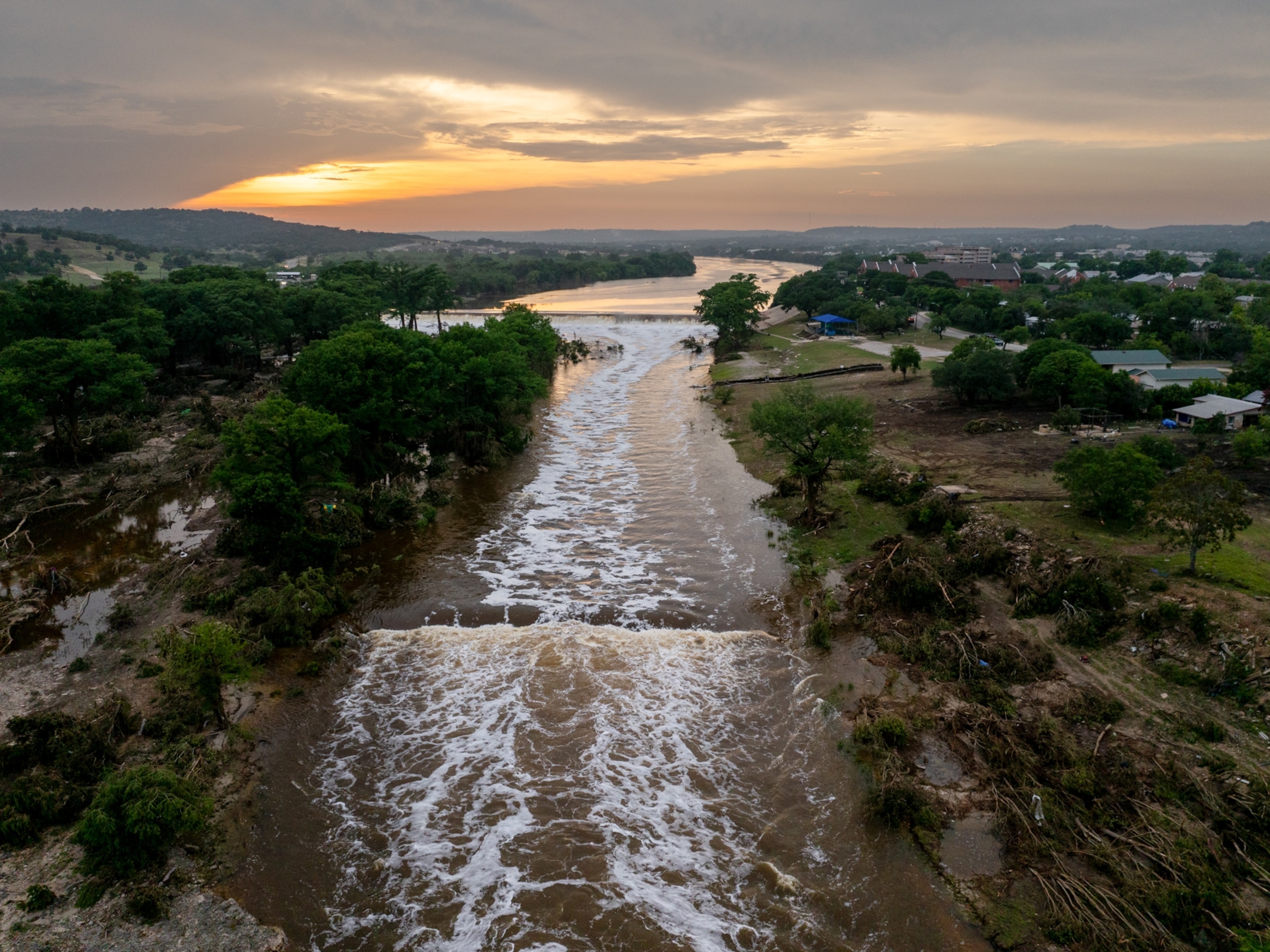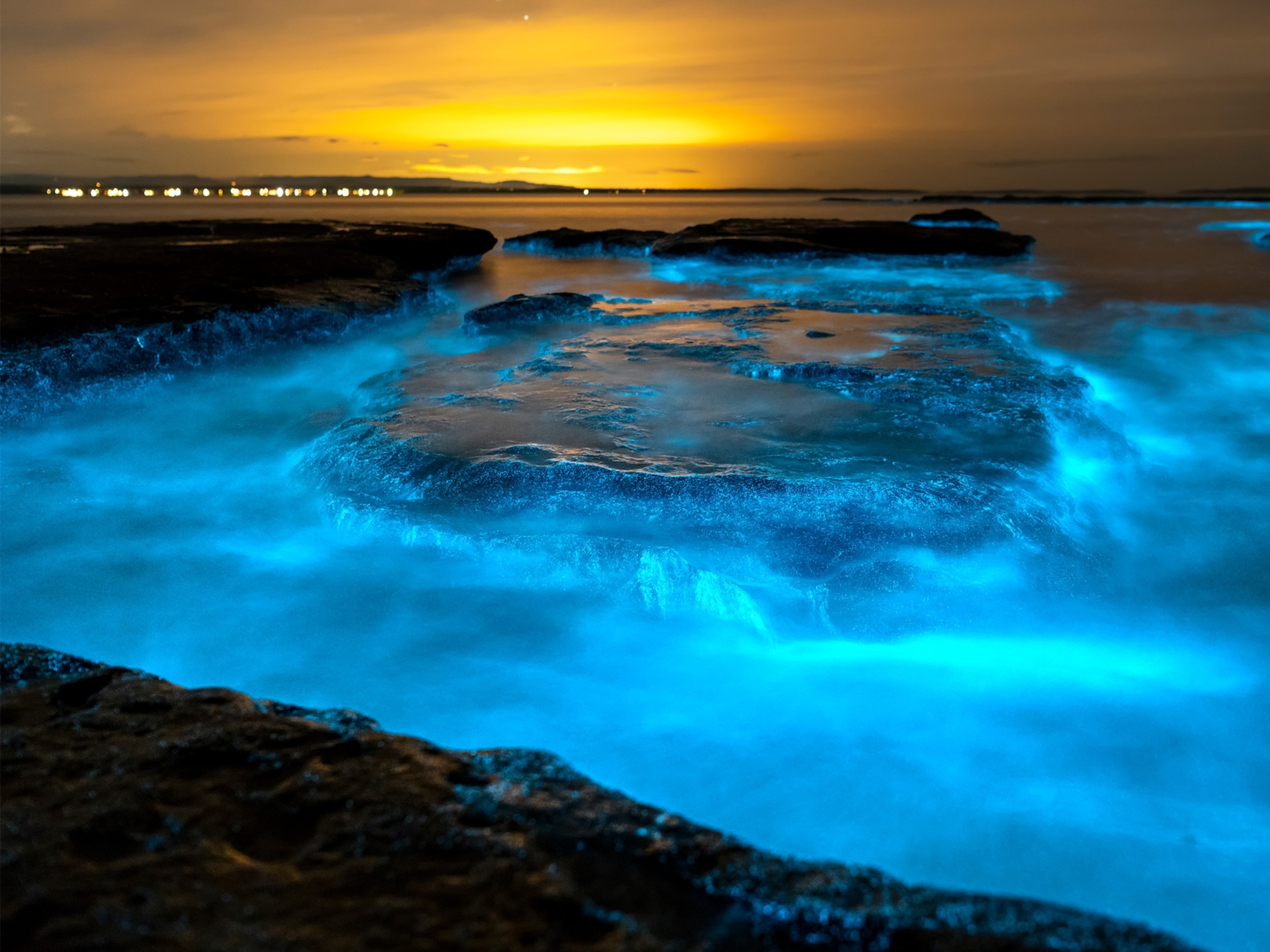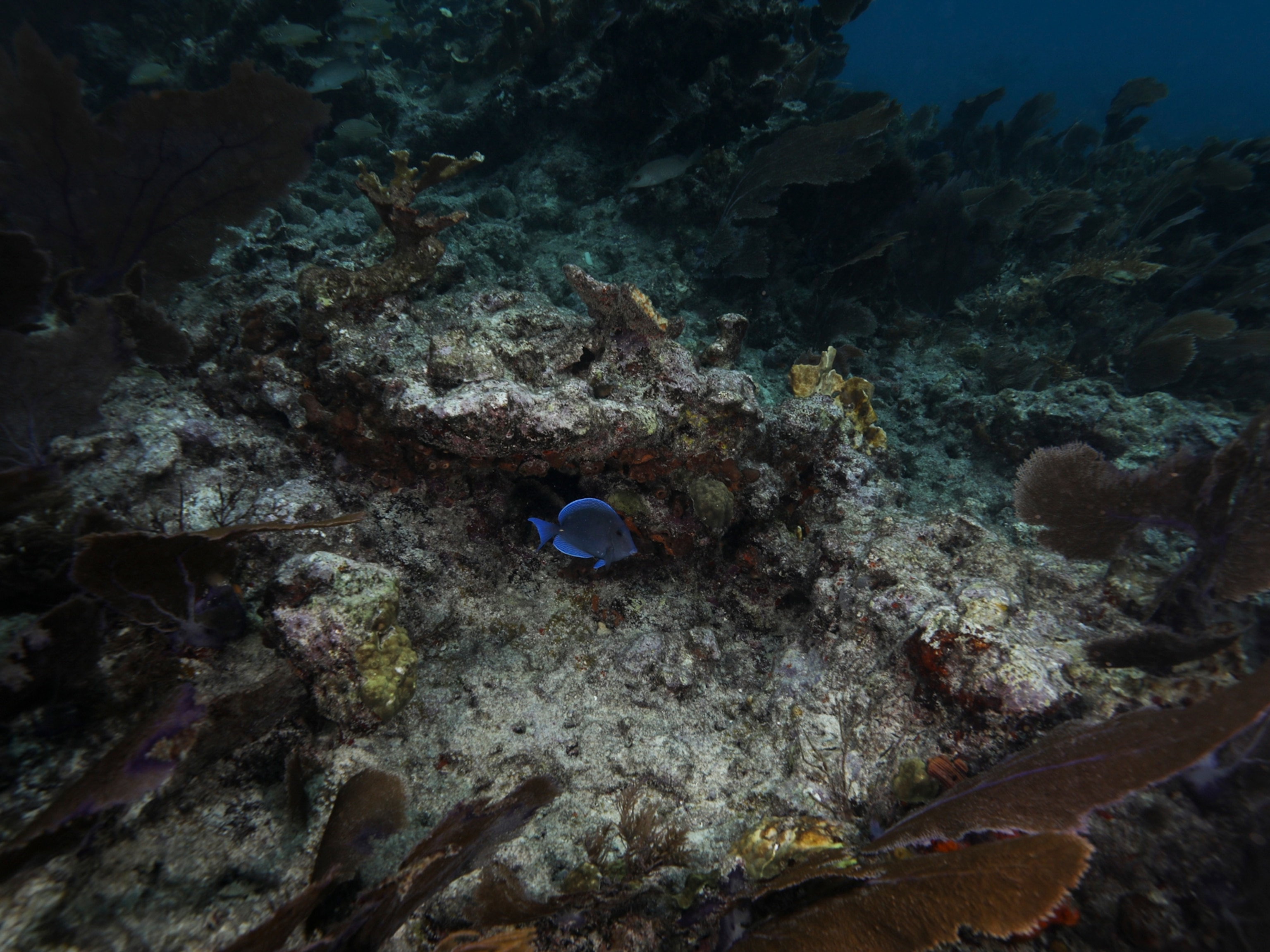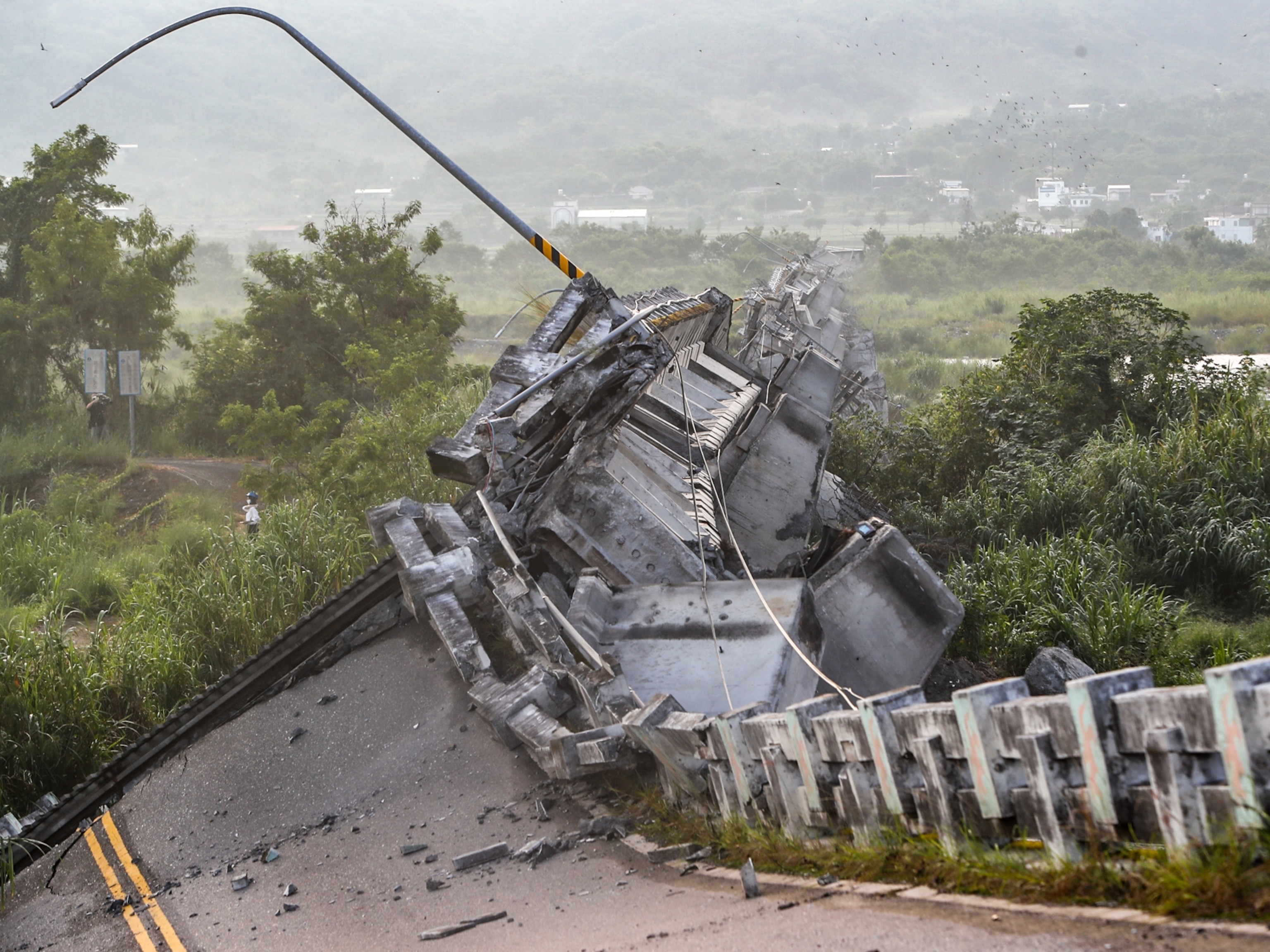
King Tides: What Explains High Water Threatening Global Coasts?
Periodic high tides are brought on by special alignment of heavenly bodies.
Last month, coastlines saw extreme high and low tides known as king tides, which are caused by a chance alignment of the moon, Earth, and the sun. Now the tides are back.
Depending on geography and weather, king tides can lead to coastal flooding. For example, the northeast coast of Australia is now bracing for a cyclone that's expected to make landfall on Friday. The fact that the storm coincides with a king tide is anticipated to cause sea levels to rise by more than 13 feet.
But what causes king tides in the first place?
Spring Tides
All tides happen due to the gravitational pull of the moon and, to a lesser extent, the sun. Because gravity is stronger at shorter distances, the moon exerts a greater gravitational pull on the side of the Earth that's closest to it. The oceans on the near side are pulled toward the moon more strongly compared to the oceans on the far side.
You can think of the oceans as a thin film of liquid that hugs the planet. The difference in gravity between the near and far sides causes this film to be elongated, with bulges that point toward and away from the moon.
The bulges are where high tide occurs. Low tide happens at the two sides 90 degrees from the bulges. Since the oceans are liquid, the bulges remain pointing toward and away from the moon as the planet rotates, allowing every location on Earth to experience both high and low tides during a single day.
When the moon, Earth, and sun are aligned, the sun's gravity helps tug on the oceans a little more, causing the tides to be higher. The tides during this alignment—at the new and full moons—are called spring tides and happen twice a month.
A king tide, however, requires yet another coincidence.
Coincidental Alignment
Because the moon's orbit is elliptical, the distance between it and the Earth changes. If the alignment coincides with when the moon is closest to Earth—which happens to be today, January 30—the boost in gravity from the moon's proximity makes the extreme tides known as king tides.
Although the term "king tide" generally refers to this particular alignment, it's not one used by scientists, says Stephen Gill, chief scientist of the Center for Operational Oceanographic Products and Services at the National Oceanic and Atmospheric Association.
In most cases, king tides add only a few tenths of a foot to a normal high tide, Gill says. But if your local geography and weather are just right—such as what's happening in Australia—then the tides can increase by much more.
King tides happen a few times a year, with the next ones occurring in July, August, and September, Gill says. The fact that the Earth is closer to the sun in the winter makes the current king tides even more pronounced.
Glimpse of the Future
Although king tides are natural and cyclical, the extra-high tides give a glimpse of the future when global warming causes sea levels to rise, Gill says. (See "Rising Seas" in National Geographic magazine.)
"We expect that it's roughly equivalent to what a normal tide would look like under sea level rise in 50 years," says Sara Aminzadeh, executive director of the California Coastkeeper Alliance.
Aminzadeh is part of the California King Tides Initiative, an effort to give people a tangible sense of how climate change will affect the coasts by encouraging them to take pictures of the king tides. She witnessed last month's extreme tides in San Francisco, where water from the San Francisco Bay spilled over onto the adjacent sidewalks.





